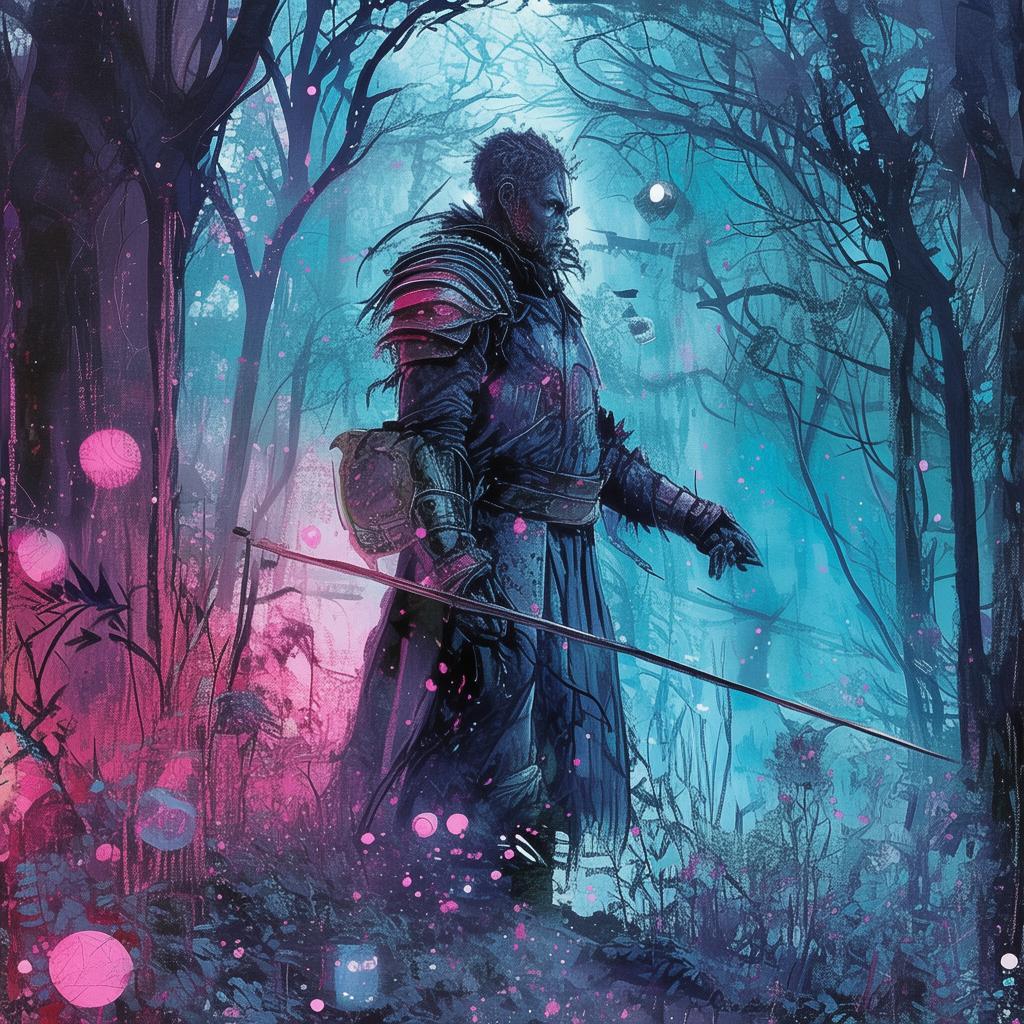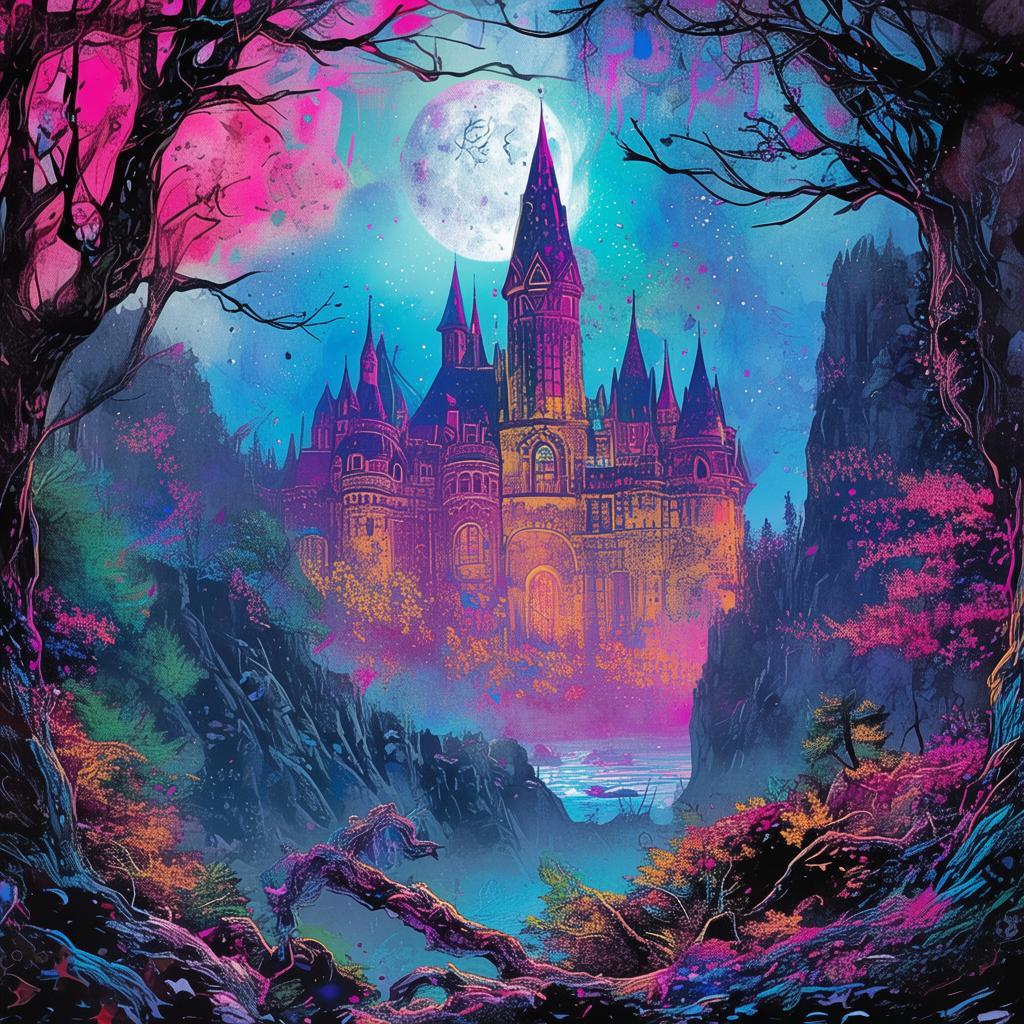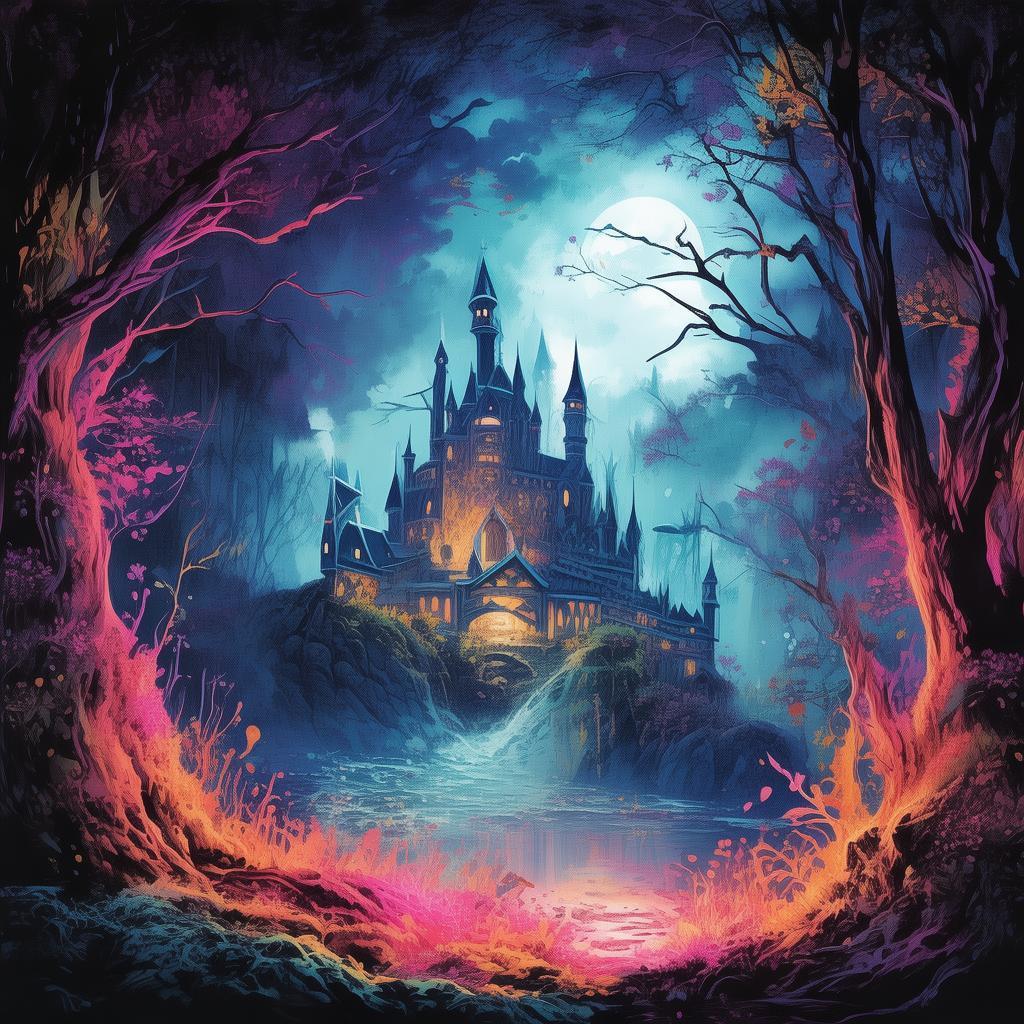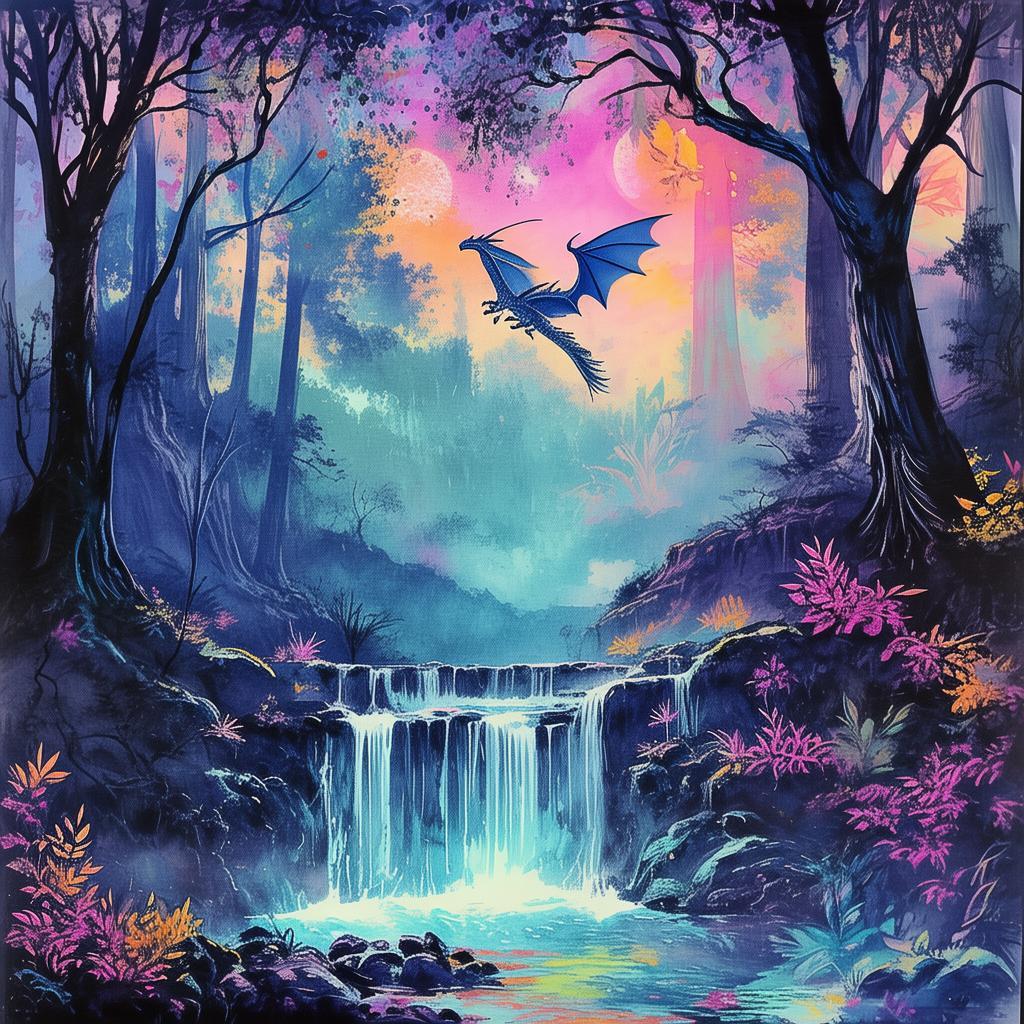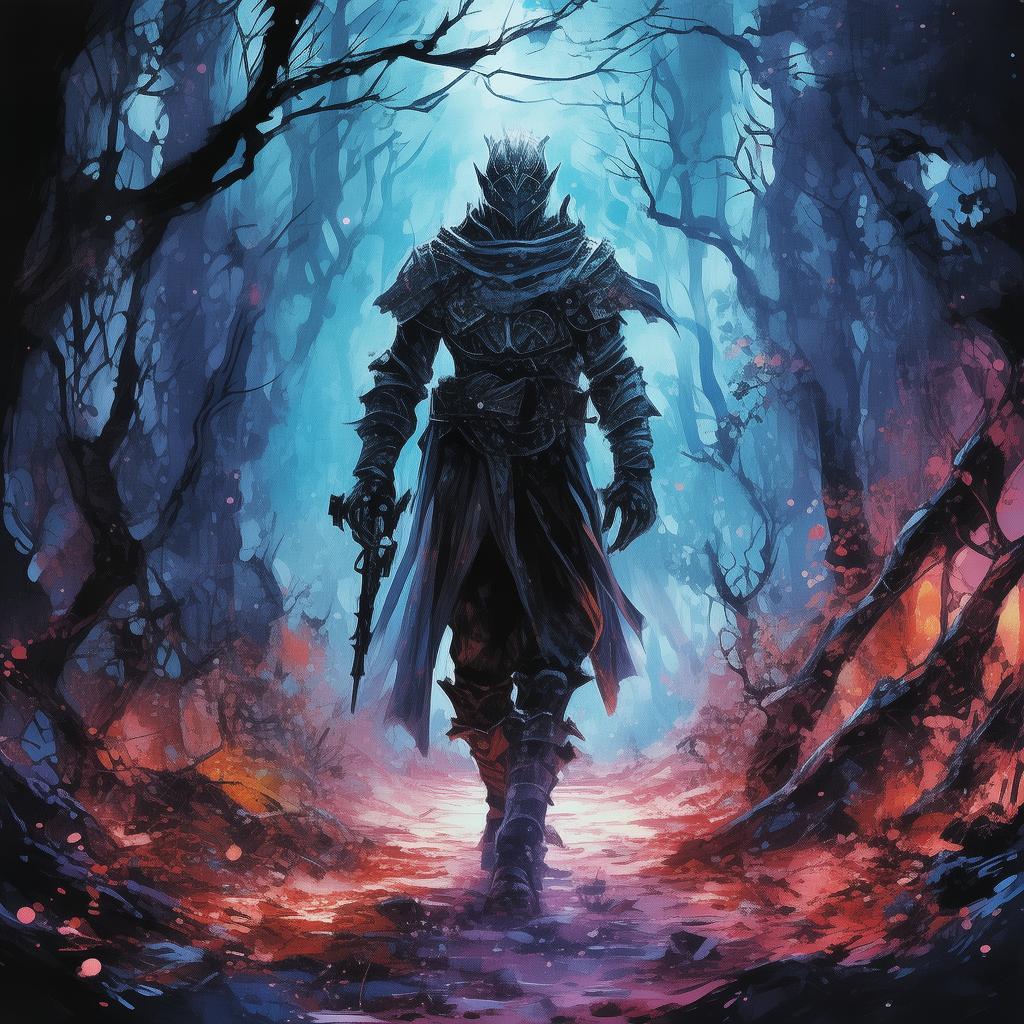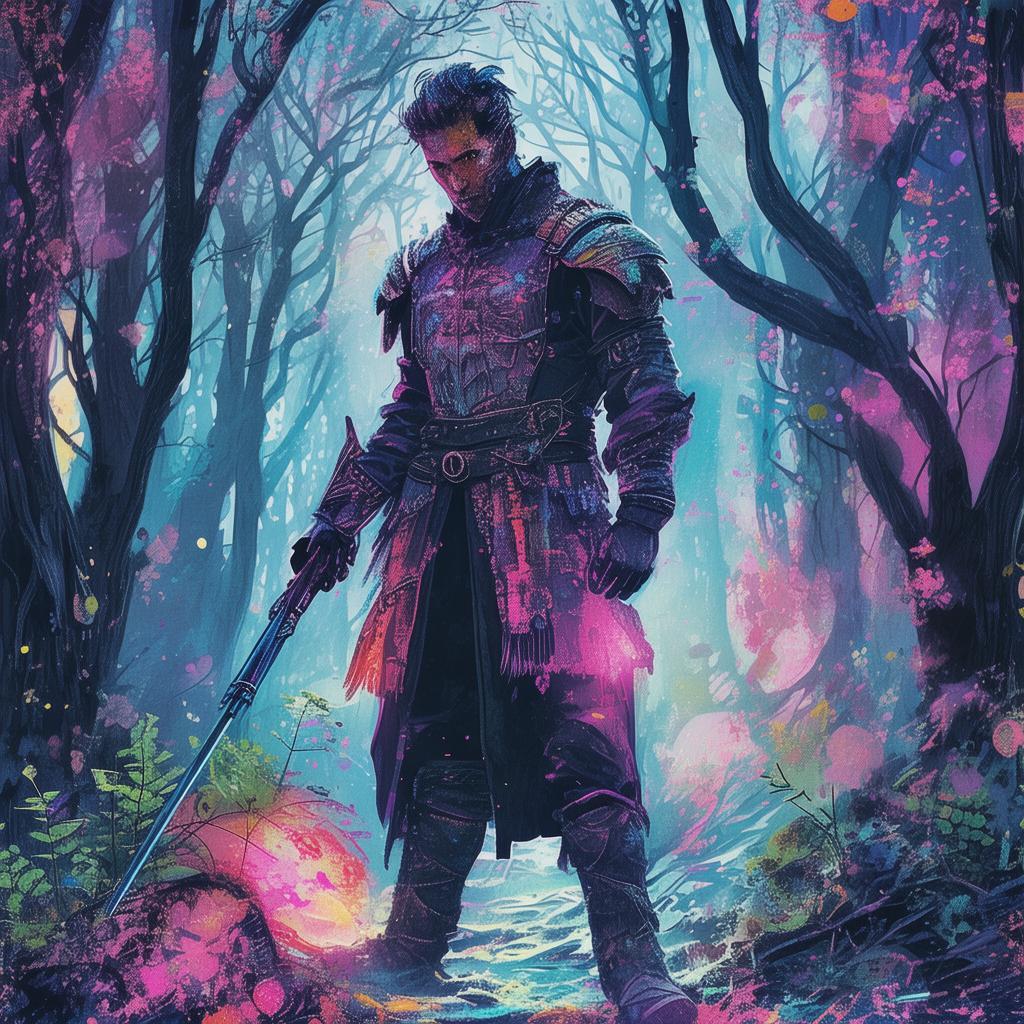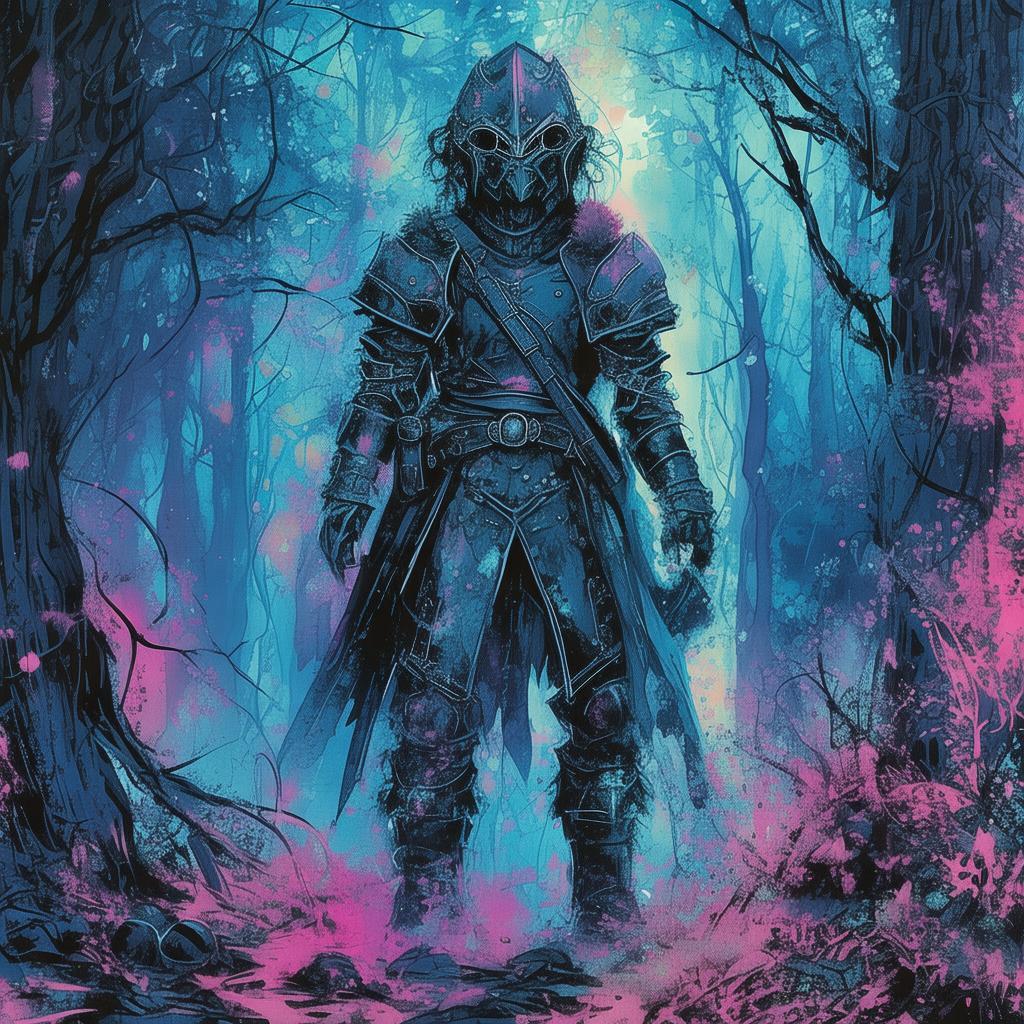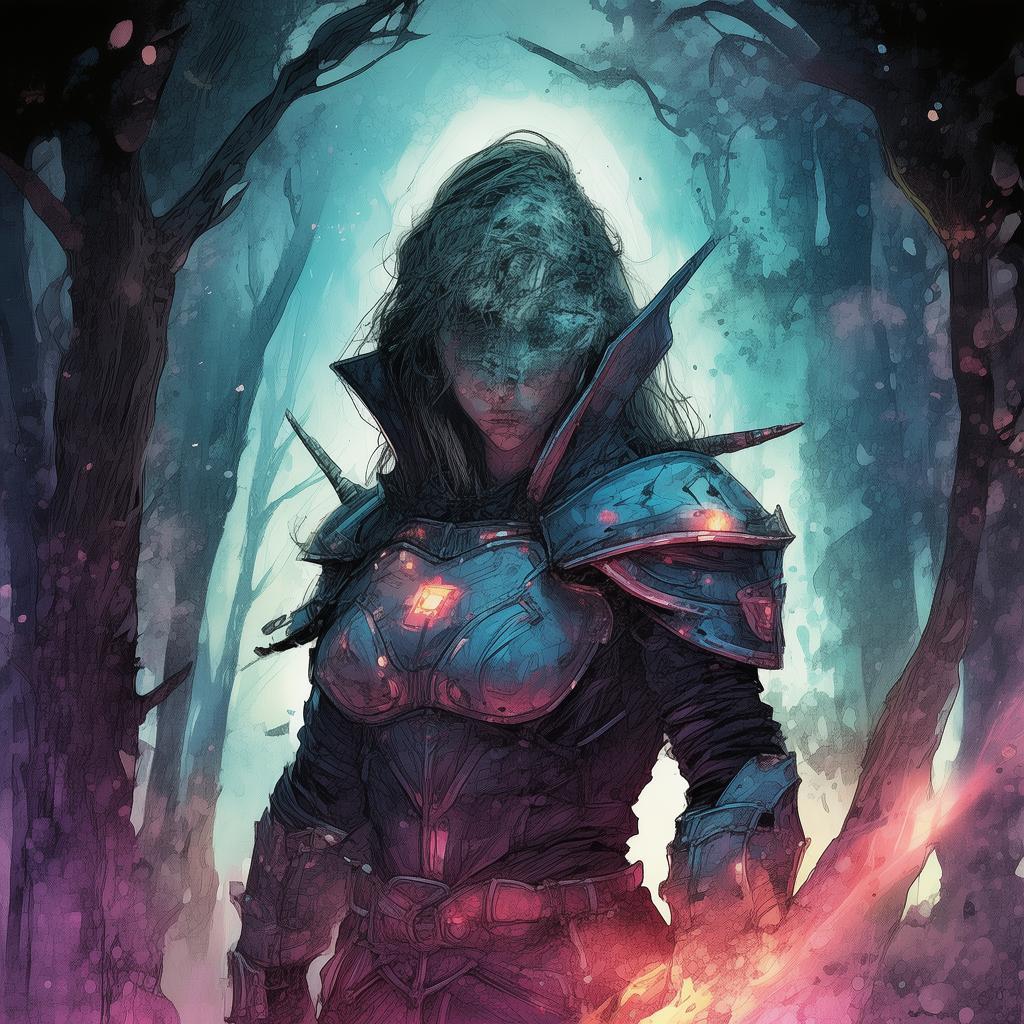The Last Bowl of Comfort
In the desolate wasteland of what was once known as the United States, the remnants of humanity clung to life in scattered enclaves, each vying for the meager resources left behind by the collapse of society. Among these enclaves was the Noodle District, a place where the scent of steam and the warmth of broth could be found amidst the ruins. It was here that the legend of The Noodle Chef began.
Once, in a time before the bombs fell and the world turned to ash, there was a chef named Ming. Ming was not just any chef; he was the Noodle King, the man whose culinary artistry was the talk of the land. His restaurant, "The Last Bowl," was a beacon of comfort in a world gone mad, a place where weary travelers could find solace in a bowl of his famous dumpling soup.
But as the world crumbled around him, Ming's restaurant fell silent. The Noodle King, who once ruled the hearts of diners with his creations, became a ghost of his former self. He wandered the ruins, his hands calloused and his spirit broken, until one day, he stumbled upon a small, abandoned kitchen in the ruins of what had been a shopping mall.
It was there, in the heart of the wasteland, that Ming found a new purpose. He began to cook, not for the sake of fame or fortune, but for the sake of those who had lost everything. He cooked for the orphans, the widows, and the soldiers who had seen too much. His food was not just sustenance; it was a reminder of the human spirit's resilience.
One evening, as the sun dipped below the horizon, casting long shadows over the desolate landscape, Ming prepared his most famous dish: the dumpling soup. He had made it for a group of children who had lost their parents in the chaos. The children, huddled around the makeshift table, were nervous, their eyes wide with fear and hunger.
Ming began to cook, his movements fluid and practiced. He diced the vegetables, chopped the meat, and boiled the broth. The air was filled with the scent of garlic and ginger, a reminder of better times. As he spooned the steaming soup into the bowls, the children's eyes began to gleam with hope.
"You see," Ming said, his voice gentle and soothing, "this soup is made from the heart. It's a reminder that even in the darkest times, there is always something to hold onto."
The children took their first bites, their faces lighting up with joy. The soup was not just food; it was a symbol of unity and hope. It brought them together, a family forged in the crucible of adversity.
Word of Ming's soup spread like wildfire through the wasteland. People came from miles around, seeking the comfort that only Ming's cooking could provide. He became a symbol of redemption, a man who had found a way to bring a little light into the darkness.
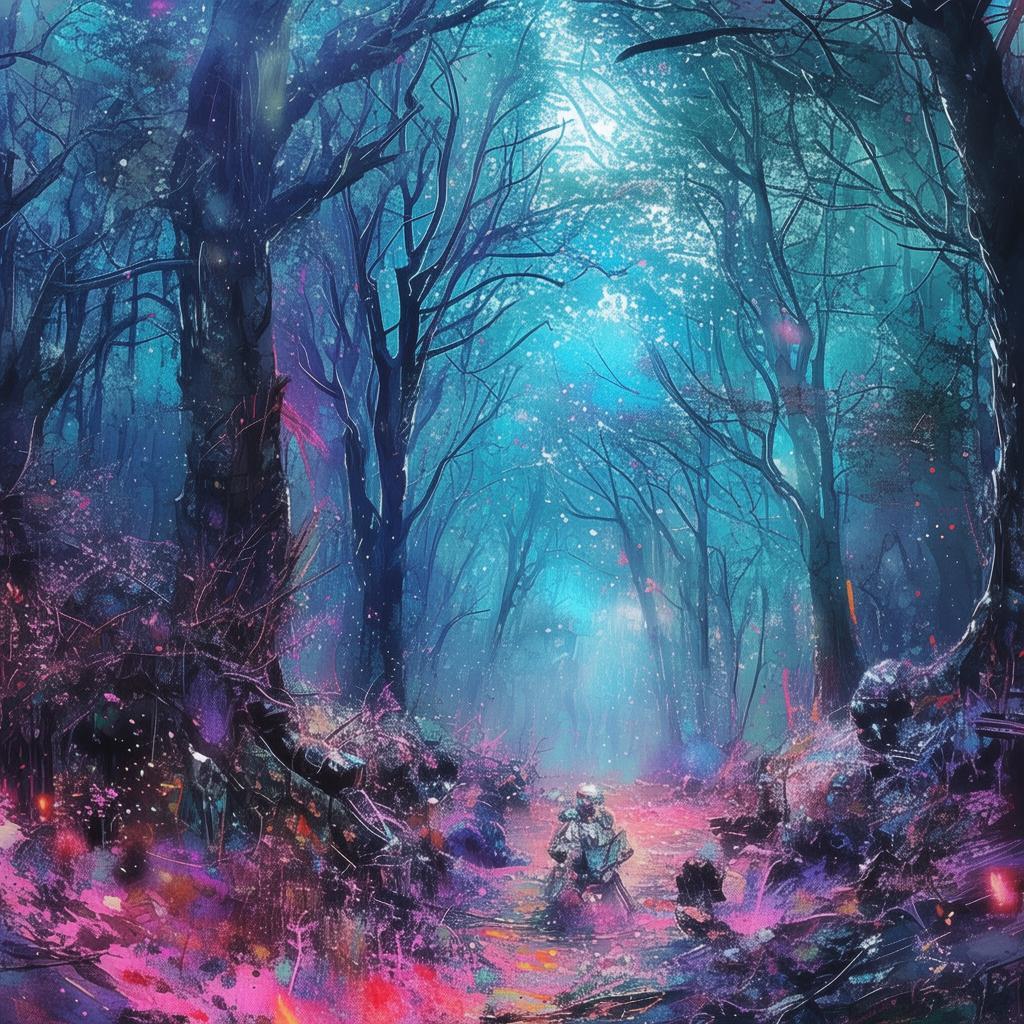
One day, as Ming was preparing his soup, a woman approached him. Her name was Li, and she had heard of the Noodle Chef's legend. She was a leader of one of the rival enclaves, a woman who had lost her family in the war.
"I've come to apologize," Li said, her voice trembling. "We were wrong to fight. I want to join you, to help."
Ming looked at her, his eyes filled with compassion. "Of course," he said. "We all have a place in this new world, and we can only build it together."
And so, the Noodle Chef's soup became a symbol of unity, a bridge between warring factions. People from all over the wasteland came together, sharing food and stories, and slowly, a new community began to form.
Ming's soup was more than just food; it was a testament to the power of kindness and the indomitable spirit of humanity. It showed that even in the darkest of times, there is always hope, and that sometimes, a single act of kindness can change the world.
As the sun set over the wasteland, casting a golden glow over the ruins, Ming looked out over the growing community. He smiled, knowing that his journey was far from over, but that he had found his place in the new world, and that his soup would continue to bring comfort and hope to those who needed it most.
The Last Bowl of Comfort had become a beacon of hope in a world gone mad, a reminder that even in the darkest of times, there is always something to hold onto.
✨ Original Statement ✨
All articles published on this website (including but not limited to text, images, videos, and other content) are original or authorized for reposting and are protected by relevant laws. Without the explicit written permission of this website, no individual or organization may copy, modify, repost, or use the content for commercial purposes.
If you need to quote or cooperate, please contact this site for authorization. We reserve the right to pursue legal responsibility for any unauthorized use.
Hereby declared.
